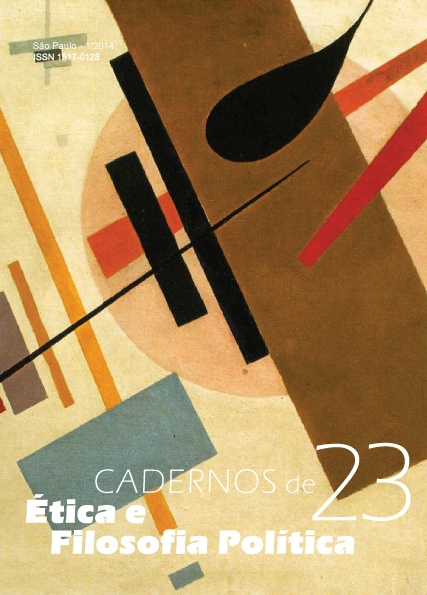NEITHER NEOLIBERALISM NOR UNRESTRICTED INTERVENTIONISM: HABERMAS ON THE IDEA OF INDIRECT REGULATION ABOUT WELFARE STATE’S FUNCTIONS
Keywords:
Welfare State, Social-Democracy, Neoliberalism, Indirect RegulationAbstract
this paper analyzes the Habermasian concept of indirect regulation defending that Habermas is opposed to neoliberalism and criticizes social-democracy whit respect to Welfare State. Habermas doesn’t accept neoliberal idea of a minimal State and its consequence, the renewal of economic laissez-faire; but Habermas also criticizes technocracy, bureaucratization and welfare paternalism, characteristics of social-democratic administrations. In one hand, The idea of indirect regulation comprehends the importance of economic intervention and social integration realized by Welfare State. In other hand, the same idea implicates the necessity of processes of radical democracy as the way to resolve technocracy, bureaucratization, and welfare paternalism that prejudice the possibility of political democratization of power. So, Welfare State and radical democracy complement each other intrinsically enabling the current reaffirmation of social-democracy.Downloads
Download data is not yet available.
Published
2015-01-14
Issue
Section
Artigos
How to Cite
NEITHER NEOLIBERALISM NOR UNRESTRICTED INTERVENTIONISM: HABERMAS ON THE IDEA OF INDIRECT REGULATION ABOUT WELFARE STATE’S FUNCTIONS. (2015). Cadernos De Ética E Filosofia Política, 2(23), 126-144. https://journals.usp.br/cefp/article/view/74757


